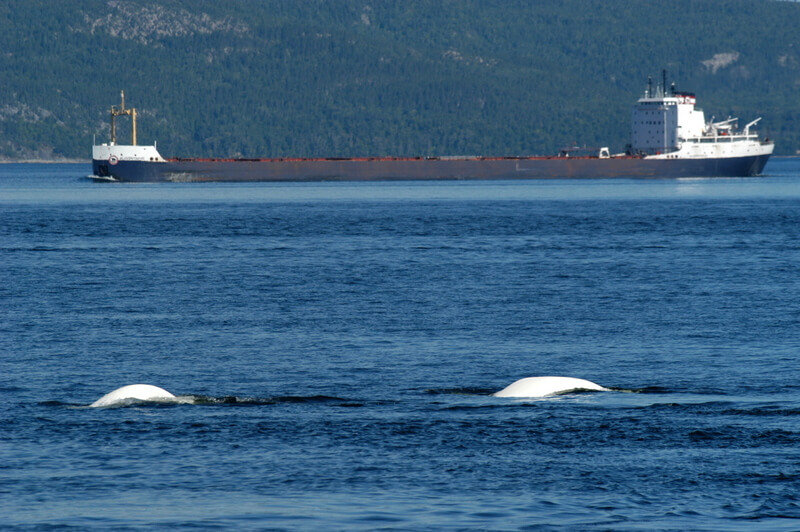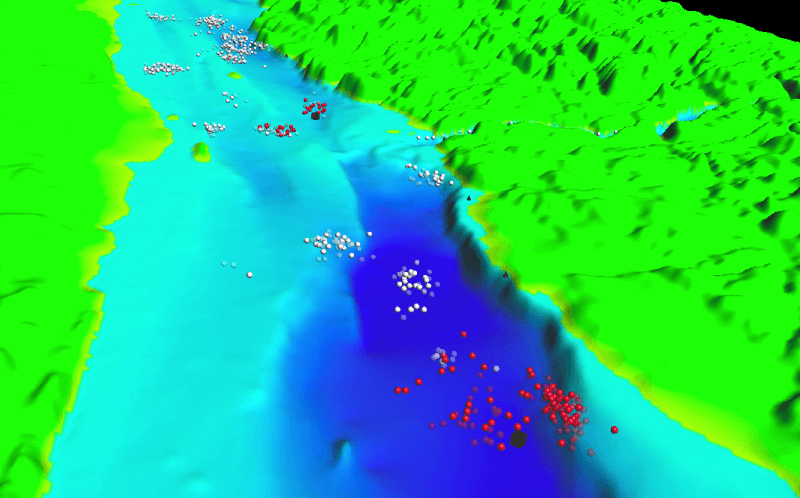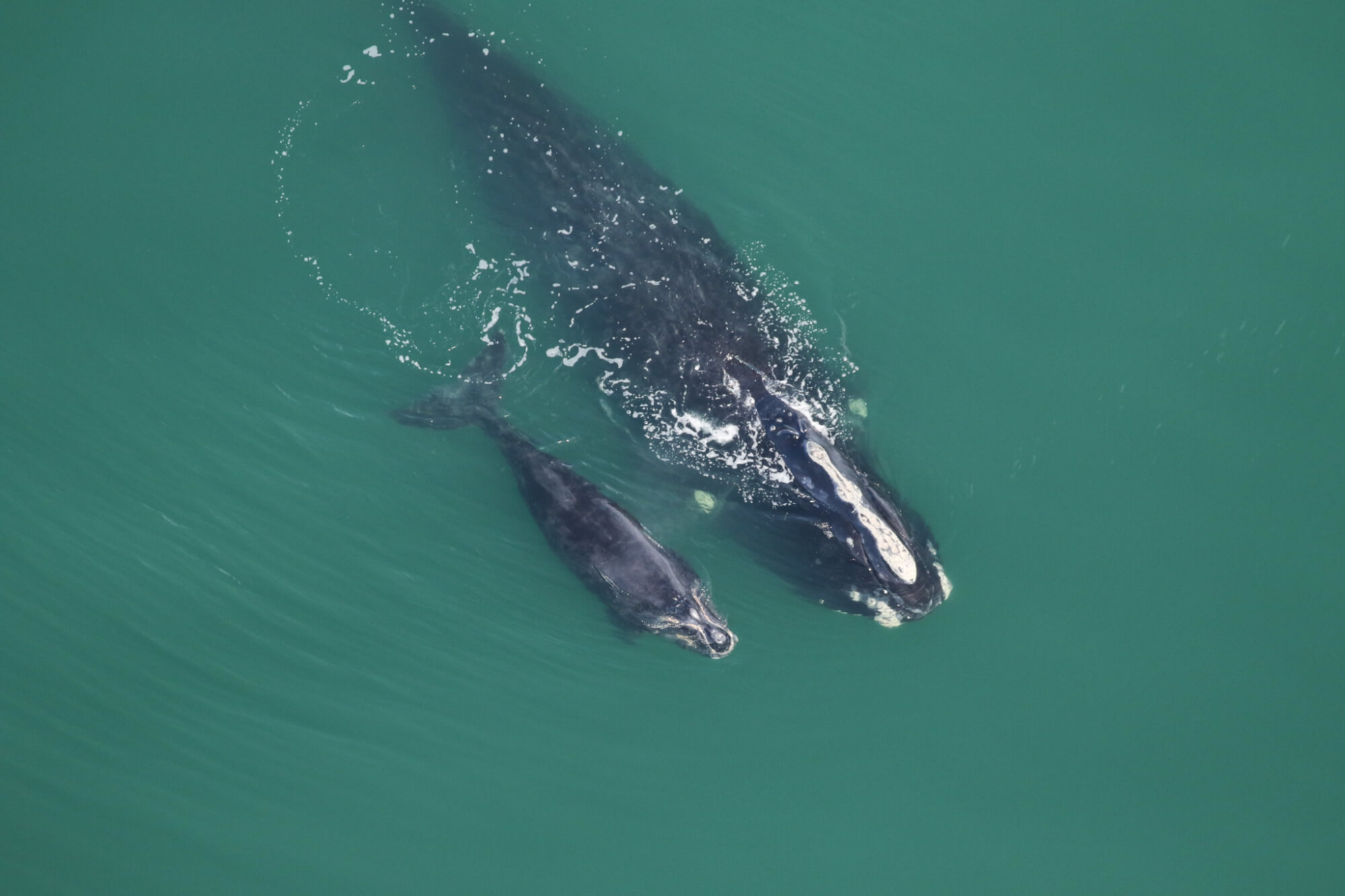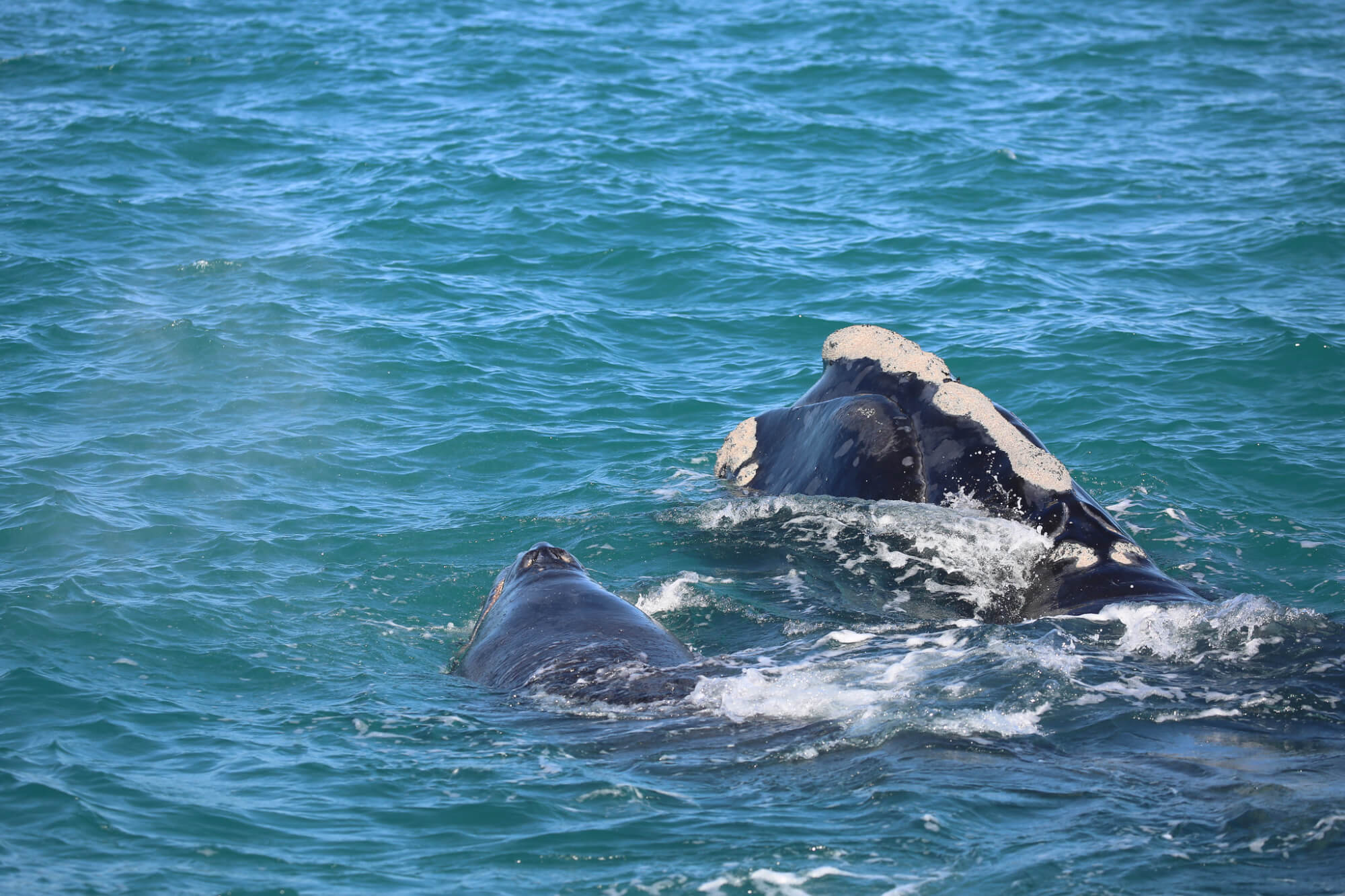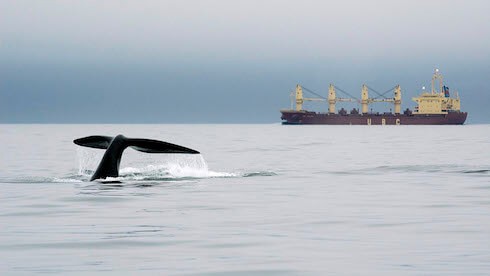More than half of all St. Lawrence belugas and two-thirds of females frequent the Saguenay. This finding was made by researchers at the Université du Québec en Outaouais (UQO) and the Group for Research and Education on Marine Mammals (GREMM). The discovery is an important one: belugas’ exposure levels to boating and shipping noise predicted by their simulator – which is being developed to better assess the impact of noise and navigation and the best strategies to mitigate these impacts – are three times higher when consideration is given to the complex social characteristics of belugas and their distribution patterns. These results are raising concern amongst researchers, who recommend imposing a moratorium on the assessment of projects that could lead to a spike in maritime traffic in the Saguenay.
“Our results cast some doubt on the validity of the acoustic impact studies carried out to date for the beluga,” points out Clément Chion, director of UQO’s interdisciplinary socio-ecological simulation laboratory and director of the research program funded by the Government of Quebec. These studies did not take into account actual use of the site by belugas. They were based on the fact that less than 5% of the Saguenay population is found on average in the Saguenay at any given time. However, the studies failed to note that this 5% is not always made up of the same individuals.
For the moment, the Saguenay is a natural acoustic refuge. “We need to better understand how an increase in maritime traffic in the Saguenay will affect belugas, but above all, how to mitigate or compensate for the effects to ensure the belugas’ survival in the St. Lawrence,” warns GREMM’s scientific director Robert Michaud.
Clement Chion indicates that this moratorium is not permanent. “With the commitment of stakeholders in the public and private sectors, our simulator, which I have been working on for 15 years, will help reconcile boating and shipping with the presence of whales. But between now and the time the program is completed, we must be careful not to make hasty decisions that could have damaging and irreversible ecological effects.”
For Robert Michaud, “the simulator is a major breakthrough. Everything we have learned about belugas since GREMM’s foundation has been fed into this simulation model. Data from my colleagues at Fisheries and Oceans Canada and Parks Canada have also been used and shed a completely new light on the population.”
“The St. Lawrence beluga is an emblematic species of Quebec and is unfortunately endangered. Given its heritage, ecological and even economic importance, extra caution is warranted when authorizing projects that could affect its survival,” said Jérôme Dupras, co-researcher of the project and Canada Research Chair in ecological economics at UQO. Over the next few years, he and his team will assess the costs and benefits of various mitigation measures for underwater navigation noise in St. Lawrence beluga habitat.
Funding granted in 2018 by the Quebec Ministry of Wildlife, Forests and Parks is being used to develop a simulator to predict the exposure of belugas to noise and boating/shipping traffic. In its final version, it will assess the impacts of increased maritime and pleasure boating traffic in the Saguenay and the St. Lawrence as well as the best solutions for reducing underwater noise.


